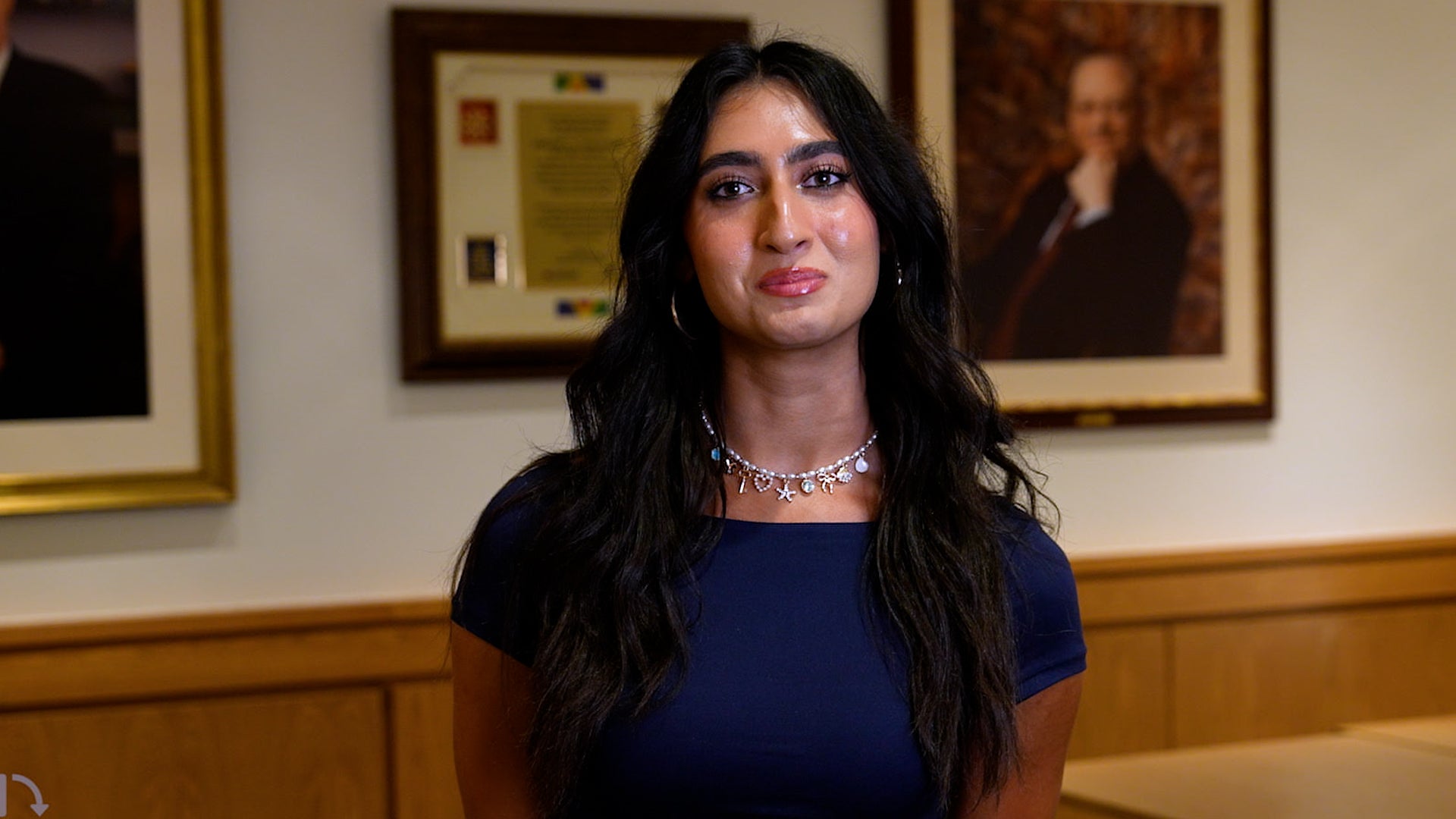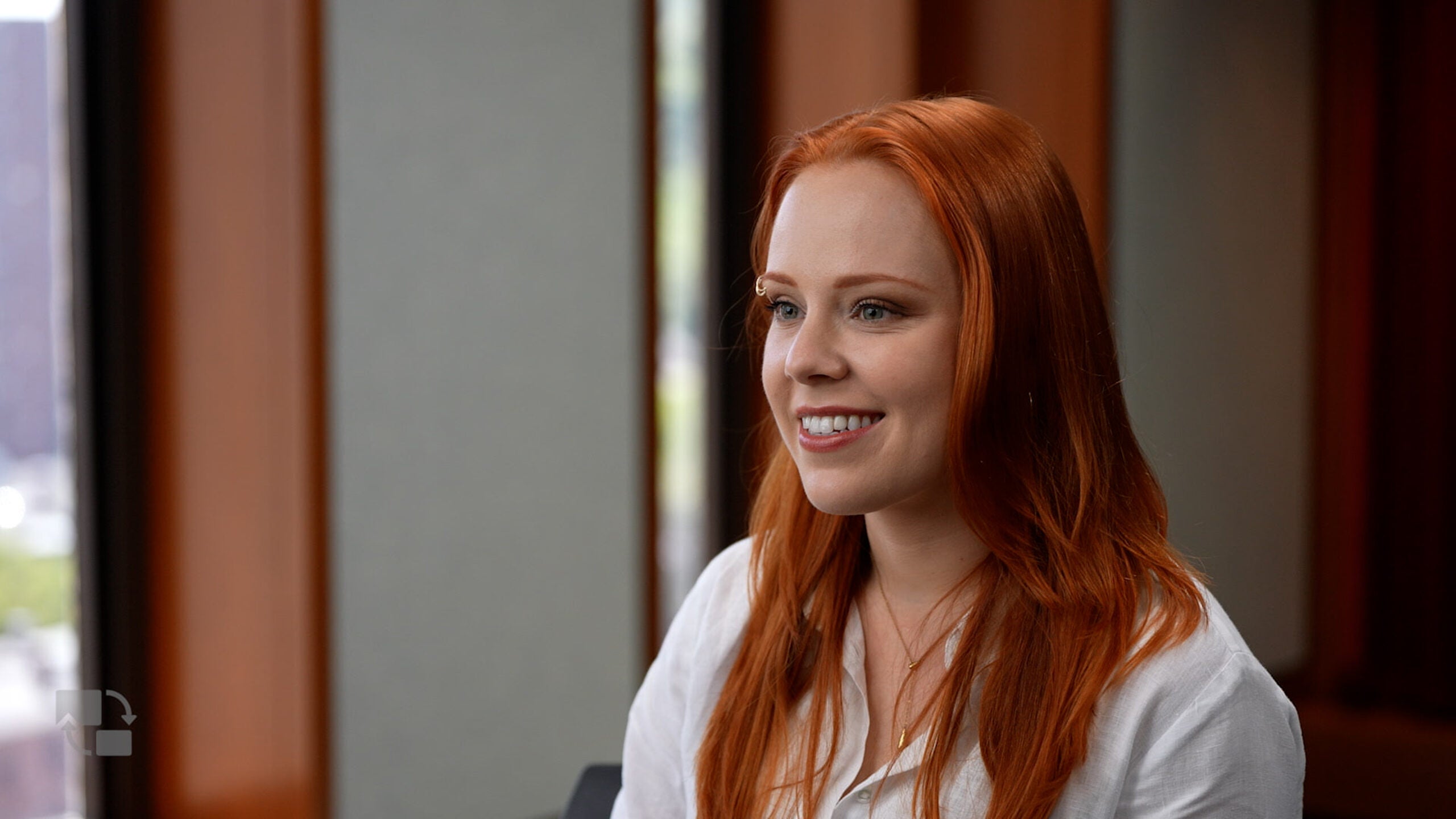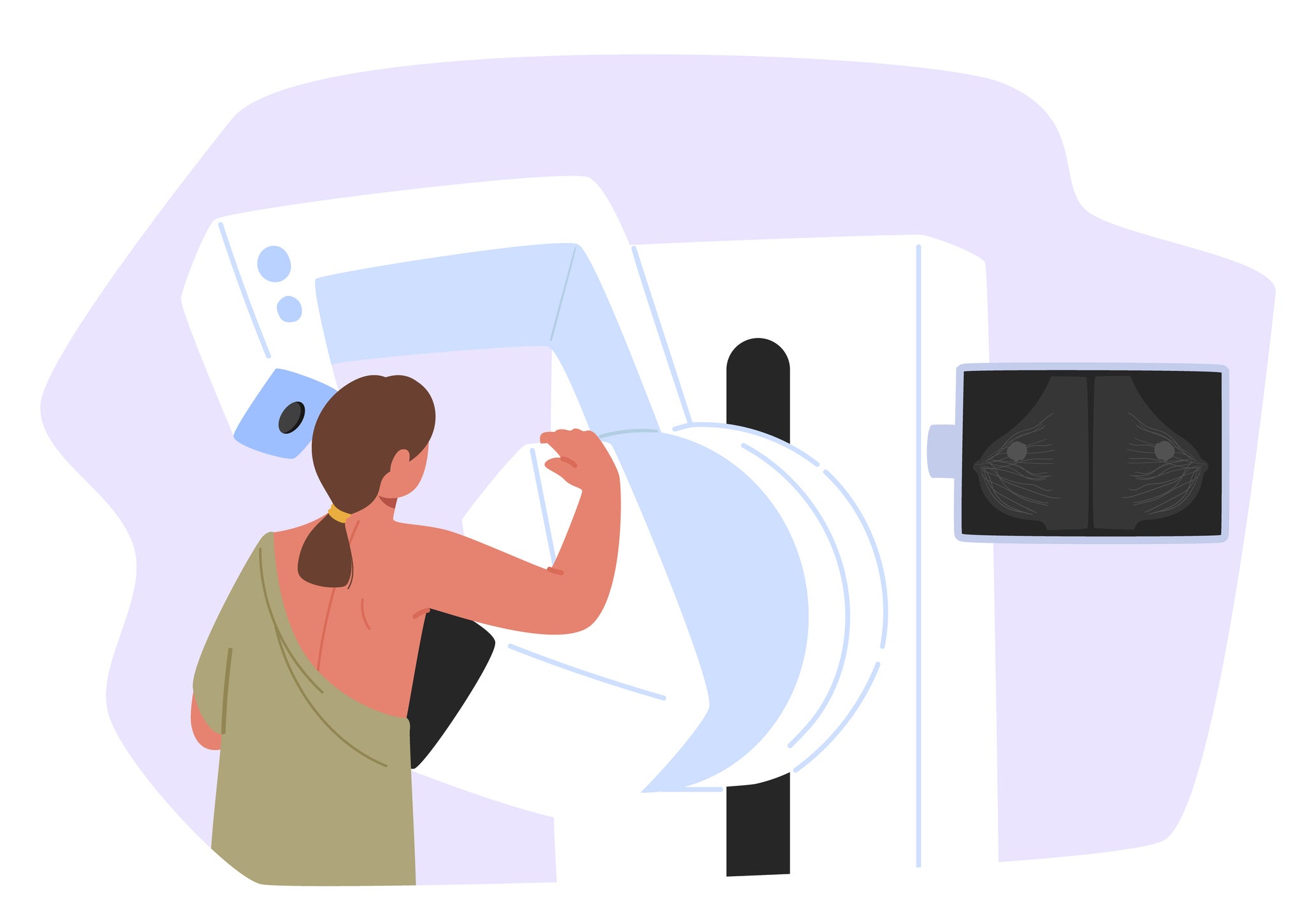HPV vaccines for adults over age 26 may not be cost-effective

For immediate release: Thursday, March 11, 2021
Boston, MA – Vaccinating adults age 26 and older against the human papillomavirus (HPV)—the virus that causes more than 90% of cervical cancers as well as several other cancers—may not be cost-effective, according to a new study led by researchers at the Harvard T.H. School of Public Health.
“Our study found that the added health benefit of increasing the vaccination age limit beyond 26 years is minimal, and that the cost-effectiveness is much lower than in pre-adolescents, the target age group for the HPV vaccine,” said Jane Kim, K.T. Li Professor of Health Economics and lead author of the study.
The study was published March 11, 2021, in PLOS Medicine.
HPV vaccines have been shown to be highly effective in preventing HPV infections that are associated with cervical, anal, oropharyngeal, vulvar, vaginal, and penile cancers, as well as genital warts. Current U.S. guidelines recommend HPV vaccination for girls and boys at age 11 or 12, and catch-up vaccination for people through age 26 if they were not vaccinated when younger. For adults beyond age 26, the guidelines don’t specifically recommend catch-up vaccination but suggest that, for people aged 27-45, clinicians and patients make decisions about HPV vaccination on an individual basis.
The new study, undertaken to inform these national guidelines, used two mathematical models—from Harvard and Cancer Council New South Wales, Australia—that simulated scenarios of extending HPV vaccination to women and men up to age 45 years. Using U.S. data, the models projected cost and health outcomes of the six HPV-associated cancers and genital warts, taking into account historical and future vaccination uptake in younger people, cervical cancer screening practices among women, vaccine efficacy, and vaccination costs. The researchers sought to determine whether the benefits of HPV vaccination at older ages would have an incremental cost-effectiveness ratio (ICER) that was in line with a commonly-cited upper threshold of $200,000 per quality-adjusted life year (QALY). QALYs are a measure of life expectancy adjusted to account for quality of life associated with health conditions and events.
The researchers found that HPV vaccination beyond age 26 in the U.S. would provide limited health benefit at the population level, at a substantial cost, given current HPV vaccine prices. Their analysis showed that the ICER for vaccinating people up to age 45 years ranged from $315,700 to $440,600 per QALY gained.
Kim noted that current HPV vaccines are prophylactic and therefore most effective when given prior to HPV exposure, which can happen soon after sexual initiation; once someone is exposed to HPV, the vaccine won’t clear those infections. “By the time you vaccinate individuals in their 30s and 40s, many have already been exposed to HPV, so the health benefit really decreases at these older ages,” she said. “It’s also important to emphasize that cervical cancer screening remains an effective and cost-effective way to protect women from cervical cancer.”
The study results, which were previously reported to the Advisory Committee on Immunization Practices, helped inform the committee’s June 2019 recommendations to the Centers for Disease Control and Prevention on HPV vaccination. “Other countries that are considering extending the upper age limit of HPV vaccination to include older adults should consider the opportunity costs of doing so,” said Kim.
Other Harvard Chan School co-authors of the study included Emily Burger, Stephen Sy, and Catherine Regan.
Funding for the study came from the National Cancer Institute at the National Institutes of Health (grant number U01CA199334).
“Human papillomavirus vaccination for adults aged 30 to 45 years in the United States: A cost-effectiveness analysis,” Jane J. Kim, Kate T. Simms, James Killen, Megan A. Smith, Emily A. Burger, Stephen Sy, Catherine Regan, Karen Canfell, PLOS Medicine, online March 11, 2021, doi: 10.1371/journal.pmed.1003534
Photo: iStock
Visit the Harvard Chan School website for the latest news, press releases, and multimedia offerings.
###
Harvard T.H. Chan School of Public Health brings together dedicated experts from many disciplines to educate new generations of global health leaders and produce powerful ideas that improve the lives and health of people everywhere. As a community of leading scientists, educators, and students, we work together to take innovative ideas from the laboratory to people’s lives—not only making scientific breakthroughs, but also working to change individual behaviors, public policies, and health care practices. Each year, more than 400 faculty members at Harvard Chan School teach 1,000-plus full-time students from around the world and train thousands more through online and executive education courses. Founded in 1913 as the Harvard-MIT School of Health Officers, the School is recognized as America’s oldest professional training program in public health.


